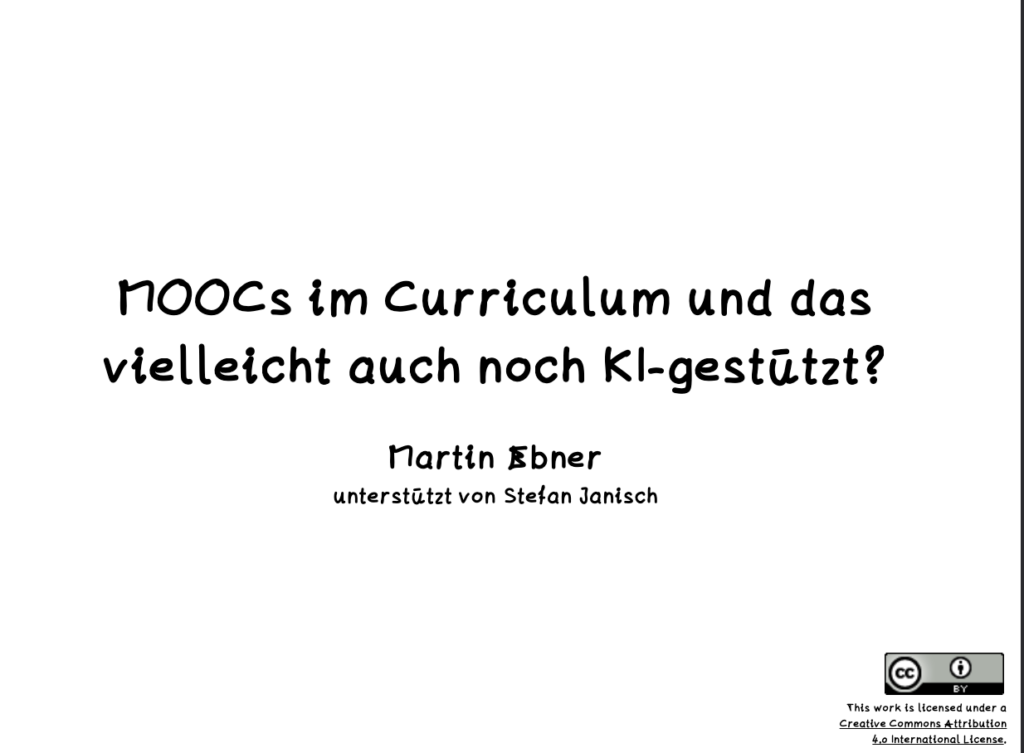Wir haben einen kurzen Beitrag zu sieben Mythen verfasst in Bezug auf die KI-Nutzung auf Basis vieler Beobachtungen und Workshops bzw. Umfragen mit Anwender:innen:
Wer das Internet nutzt, kommt im Frühjahr 2026 nicht um Anwendungen generativer Künstlicher Intelligenz (kurz KI) herum. Suchmaschinen bieten neben Links standardmäßig KI-generierte Antworten an, Chatbots unterstützen bei der Buchung von Websites, Schüler:innen lassen sich Tests passend zu den Arbeitsblättern der Lehrer:innen generieren usw. – Doch nicht alles, was uns die KI-Anwendungen liefern, wie wir sie nutzen und ihre Ergebnisse verstehen, ist zutreffend und unproblematisch. Das liegt auch an Missverständnissen darüber, wie KI-Anwendungen funktionieren. Aus unserer Sicht – es gibt dazu noch keine empirische Evidenz – verdienen folgende sieben Aussagen besondere Aufmerksamkeit, insbesondere auch im Kontext von Bildung, Schule und Hochschule:
- KI-Anwendungen sind neutral, objektiv und vorurteilsfrei
- KI-Anwendungen arbeiten logisch
- KI-Anwendungen denken und lernen wie Menschen
- KI-Anwendungen sind empathisch
- KI-Anwendungen sind ökologisch und sozial problemlos
- KI-Nutzung ist rechtlich einwandfrei
- KI-Anwendungen machen Wissen und Kompetenzentwicklung überflüssig
In diesem Beitrag möchten wir diese als „Mythen“ bezeichneten Aussagen beschreiben und aufzeigen, dass und warum sie nichtzutreffend sind. Damit möchten wir einen zukünftig fundierten Umgang und durch die Beschreibung von KI-Mythen Forschung dazu initiieren und unterstützen.
[Beitrag im Repository der TU Graz]
Zitation: Schön, S.; Brünner, B.; Ebner, M., Diesenreither, S., Hanfstingl, B. & Krammer, G. (2026). Sieben Mythen der KI-Nutzung. Report. Graz University of Technology. DOI: 10.3217/170mc-8z498
This is an impactful contributions, methodological rigor, and exceptional novelty in the research field of AI in education.


